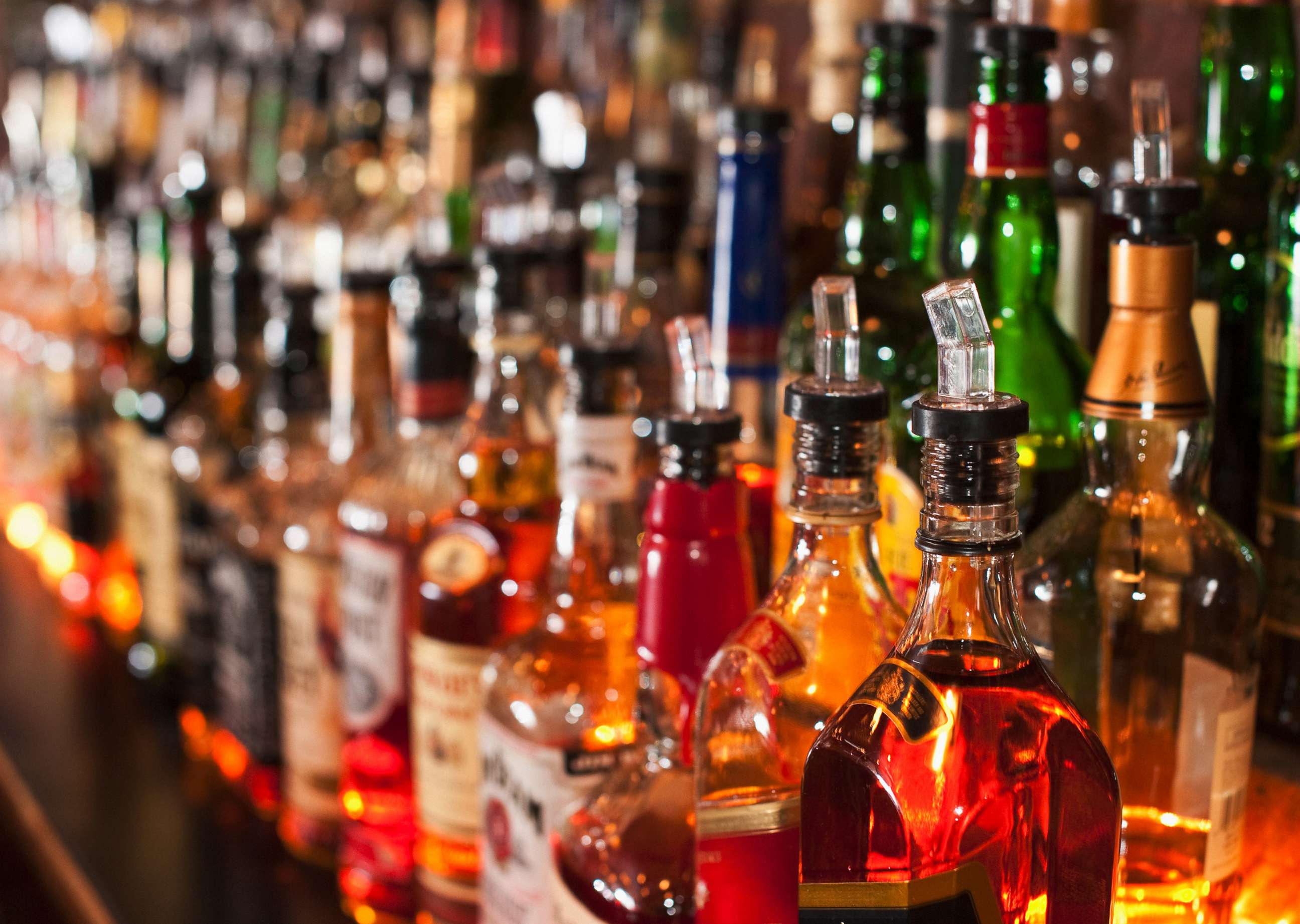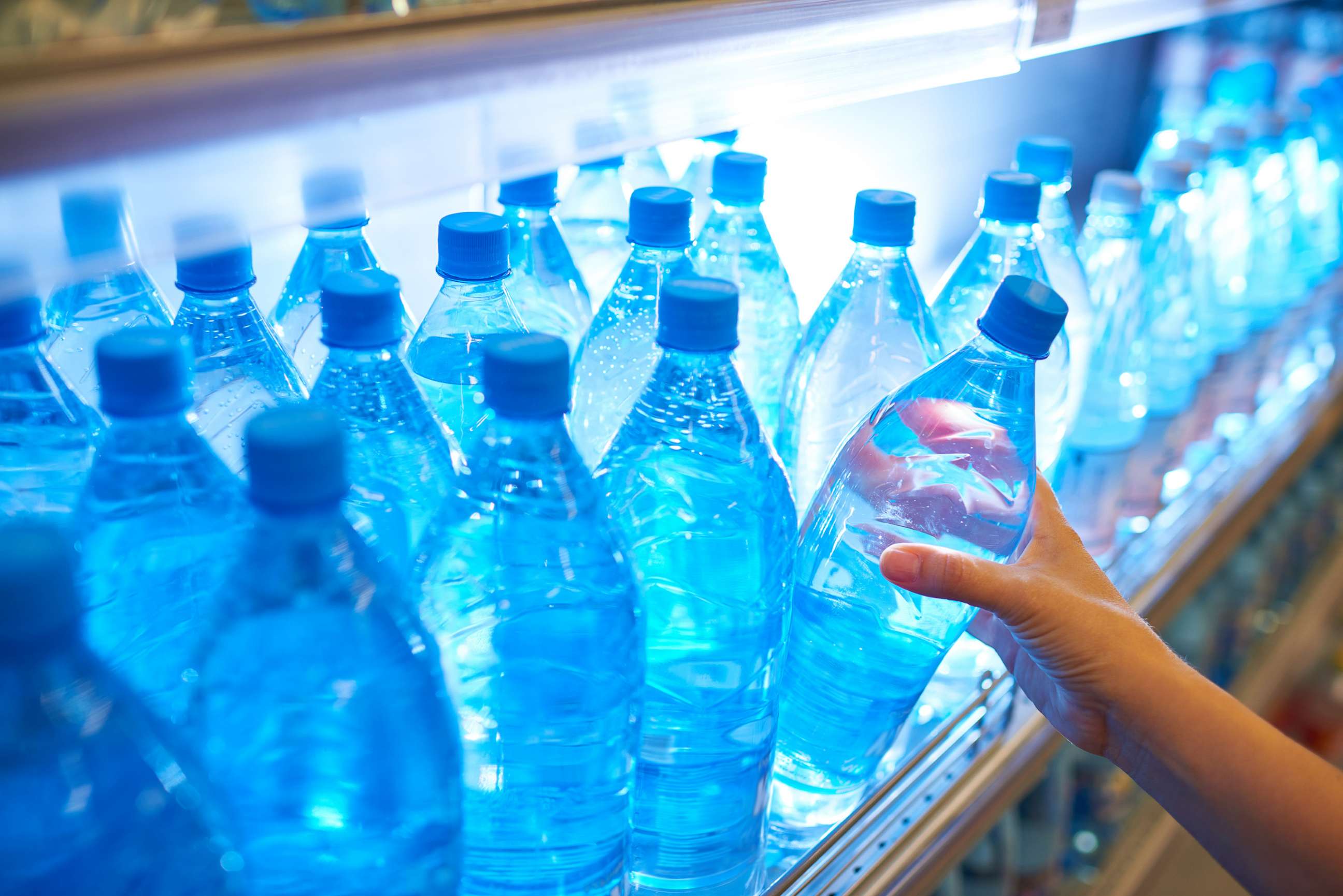How to prevent and treat a New Year's Eve hangover
Dr. Jennifer Ashton breaks down what works, and what doesn't, on "GMA."
— -- For those who enjoy ringing in the new year with a few drinks, here is a breakdown of some simple ways you can start off the first day of 2018 without a debilitating hangover.
The best way to ensure that you do not wake up on Jan. 1 with a hangover is to limit your alcohol consumption on New Year's Eve, according to ABC News' chief medical correspondent Dr. Jennifer Ashton.
The National Institute on Alcohol Abuse and Alcoholism typically defines "binge drinking" as consuming five or more drinks for a man and four or more drinks for a woman within a two-hour period, or otherwise bringing one's blood alcohol concentration to over 0.08 percent.

Another way to reduce the severity of a hangover is to ensure that you stay well hydrated before, during, and after a night of excess alcohol consumption, according to Ashton.
Eating food before and while drinking is also one way to prevent a severe hangover, according to Mayo Clinic, the nonprofit medical organization based in Rochester, Minnesota.
Medical professionals at Mayo Clinic also recommend on their website to drink a "full glass of water after each alcoholic drink," and not consuming more than one alcoholic drink an hour in order to prevent hangovers.
There is also limited research, mostly from small studies, that suggests taking starflower supplements, yeast with vitamin B supplements, and non-steroidal anti-inflammatory drugs such as aspirin or ibuprofen can help lessen the severity of a hangover.

Ashton also debunked some common remedies that are purported to cure a hangover on "GMA" today.
While the "prairie oyster cocktail," consisting of raw egg, Worcestershire sauce, tomato juice, vinegar, hot sauce, salt and ground black pepper, has long been touted as a homemade hangover cure there is little evidence to suggest that it actually works.
Many also recommend consuming black coffee to cure a hangover, and while this may provide a short term boost, it may ultimately make things worse by dehydrating you further, according to Ashton.
Lastly, many claim that the water and electrolytes from pickle juice may cure your hangover after a night of New Year's Eve merriment, but there is little research, however, to back this up.




